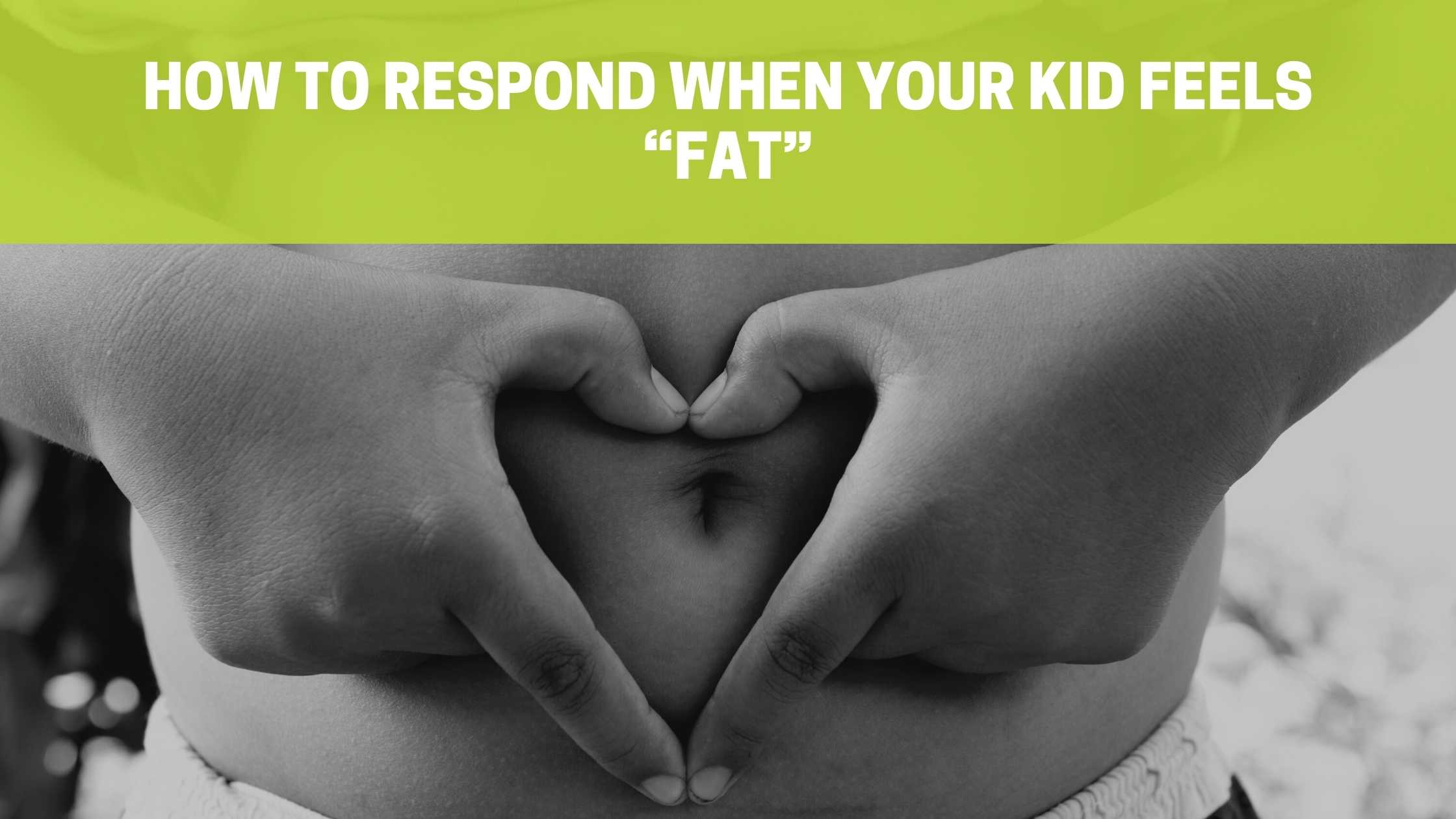Feeling fat in Kindergarten
The first time I felt fat was at 6-years-old. I was in the school nurse’s office with a bellyache, waiting for my dad to pick me up when I caught a glimpse of my bloated belly in a mirror. Despite my stomach ache, I began to run around the nurse’s office in an attempt to get ‘thin’ again. The nurse found me doing laps and scolded me. She shamed me for ‘faking’ being sick and having my dad cancel his day to pick me up. I then felt fat and guilty, a combination that continued to negatively impact me into adulthood. The phrase “body-positive” would not even enter my vocabulary until my thirties.
Body Positive Parenting
Interestingly, becoming pregnant and a mother catapulted me into a much healthier relationship with my body and a deeper understanding and experience of what being body-positive means. With this new lense, I was extremely mindful, cautious, and purposeful about raising my girls in a way that is body accepting and body-positive. I truly believed that I was going to do it…that I was going to raise a girl to be accepting of her body and who would not struggle the way that I did as a child.
“Mom, Am I fat?”
Then it happened. My daughter, at 6-years-old, expressed to me through teary eyes, as I tucked her into bed: “I think I am getting fat. I used to be skinny, and I don’t want to be fat”. My heart plummeted so deep I felt it land right onto my own 6-year-old belly, and then it broke.
I had not planned for this conversation, I thought I had set her up for success to prevent this moment! But this was the moment. This was going to be a crucial moment in her life and in the development of her relationship with her body.
I want to share with you the steps I took in hopes to teach my daughter what it means to be body-positive and to build a foundation of self-acceptance and empowerment. When it comes to hard conversations like these, having a guide can be a lifeline.
What to do if your child thinks they are fat
- Frist, take a long, slow deep breath. I paid attention to my body, noted my childhood memories that had come up, offered myself compassion (because this was hard), and regulated myself so that I was present and in the here and now with my daughter. Our blog on parenting with mindfulness aided in my ability to do this!
- Fight against the impulse to support fatphobia and resist saying “What?! You are not fat”. (I really really felt a pull to go there)
- Move towards acceptance of all shapes and sizes and I stated “There is nothing wrong with being fat. Fat is beautiful. Skinny is beautiful, and everything in between is beautiful” (And I believe this).
- Normalize that bodies change by adding “our bodies change throughout our lives, and our bodies will always be beautiful no matter what size or shape it is.
- Model self-love. I let my daughter know, “right now I have more fat and I love my body. I might be smaller someday and that will be beautiful too. We have to be kind to our bodies, they do a lot for us and are always beautiful!
My daughter’s response was a quick “OK” and she went to sleep.
Not the most rewarding response, but that is about right for a 6-year-old! This won’t be the last conversation, and to truly continue to support her in developing a healthy body image, there is much more I need to do on a daily and even nonverbal basis. Like filling her library with body-positive books for children!
I hope these 5 steps towards promoting body-positivity help you feel a little more equipped or confident as you step into these tough conversations with your children too. If you are interested in speaking to a therapist at IFC about how to incorporate a body-positive approach to your parenting, click here to speak with someone from our intake team.
Ritamaria Laird is a Licensed Clinical Professional Counselor and Certified Theraplay Therapist, Trainer, and Supervisor. She has spent her professional career as a pediatric therapist, clinical supervisor, and clinical director of Individual and Family Connection. Ritamaria lives in Oak Park with her husband and daughters, ages 6 and 2.

